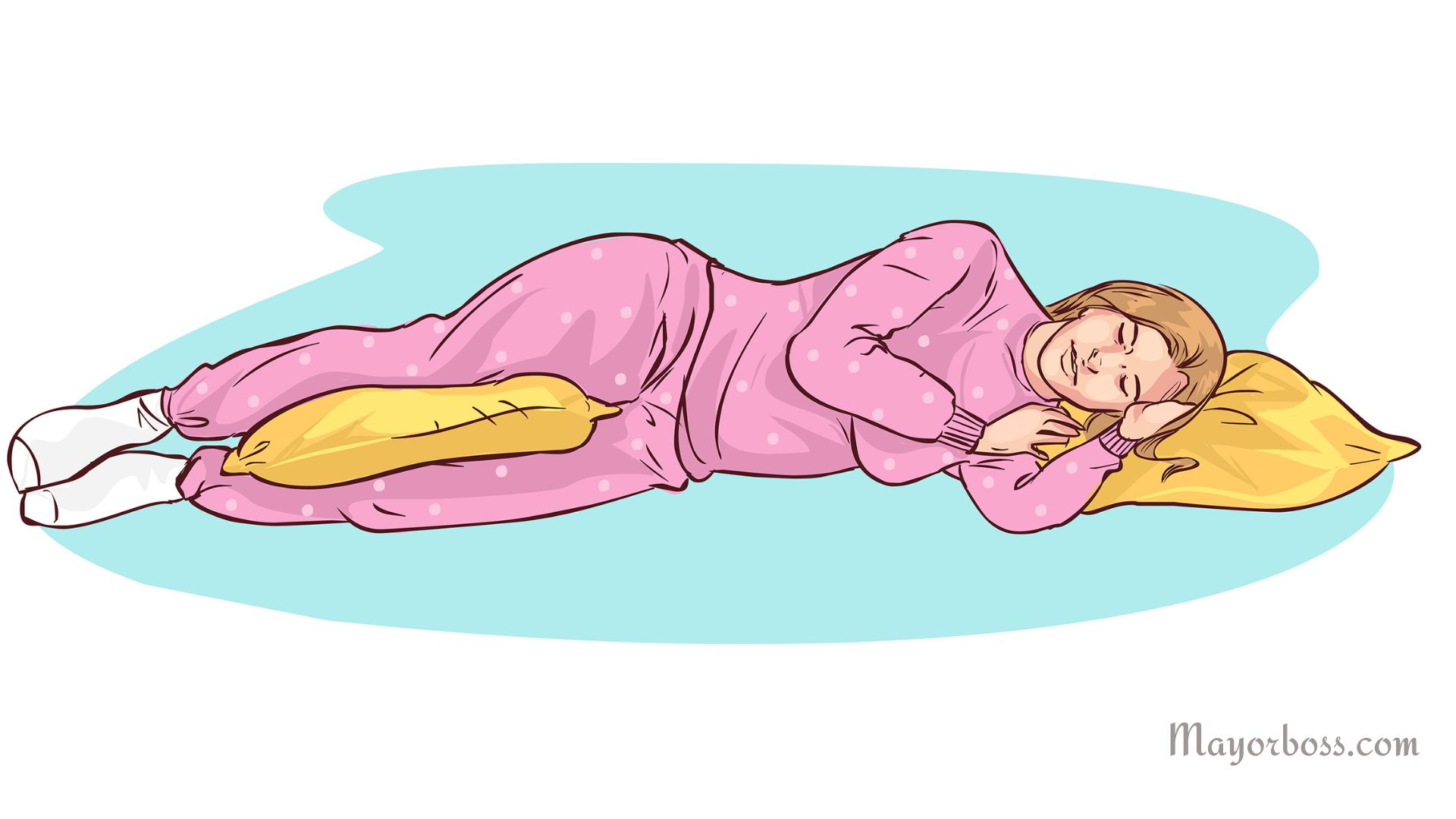Sleeping On The Couch is Bad For You. Here’s Why
Have you ever found yourself dozing off on the couch, only to wake up feeling stiff and groggy? While it might seem convenient to catch a quick nap or even spend the night on your sofa, it’s not always the best choice for your health. This article discusses why sleeping on the couch can be bad for you.

Uncomfortable and Improper Support
Your couch may be perfect for binge-watching your favorite shows, but when it comes to sleeping, it’s a different story. Couches are designed for sitting, not sleeping. This means they often lack the necessary support your body needs during sleep.
Why Proper Support Matters:
- Spinal Alignment: A good sleeping surface should support the natural curve of your spine. Most couches are too soft and don’t provide enough support, leading to back and neck pain.
- Muscle Strain: Sleeping on a couch can force your body into awkward positions, causing muscle strain and stiffness.
- Quality of Sleep: An uncomfortable sleeping position can lead to frequent awakenings and poor sleep quality.
Limited Space
The size and shape of a couch can significantly limit your sleeping space, which has various implications:
- Restricted Movement: A couch often provides less space to move around, leading to restricted sleeping positions. This can result in discomfort and disturbed sleep. On average, sleepers shift positions more than once per hour, and a cramped space can hinder this natural movement.
- Falling Hazard: If you’re someone who moves a lot in your sleep, there’s the risk of falling off the couch, which can be dangerous.
- Inadequate Length: Many couches are not long enough to accommodate your full body length, especially if you’re tall. This can force you into a cramped position, affecting your sleep and causing discomfort.
The Risk of Poor Sleep Hygiene
Sleep hygiene refers to the habits and practices that are facilitative to sleeping well on a regular basis. Sleeping on the couch can disrupt these practices.
Factors Affecting Sleep Hygiene:
- Light Exposure: Couches are often positioned near TVs or windows, exposing you to more light and potentially disrupting your circadian rhythm.
- Noise Levels: Sleeping in your living room can mean more noise, whether it’s from the street, household members, or electronic devices.
- Temperature Regulation: Couches, especially those made of leather or certain fabrics, can affect your body’s ability to regulate temperature, leading to overheating or feeling too cold.
Hygiene and Allergens
Your couch is a hotspot for dust, pet dander, and other allergens. These can be detrimental to your respiratory health, especially if you have allergies or asthma.
The Hygienic Concerns:
- Dust Mites: Couches can harbor dust mites, which thrive in upholstered furniture.
- Cleaning Difficulties: Cleaning a couch thoroughly is harder than washing bed linens, leading to a buildup of sweat, oils, and dead skin cells.
- Air Quality: Spending long hours on the couch, especially in a poorly ventilated room, can affect indoor air quality and your breathing while you sleep.
Disruption of Normal Sleep Patterns
Using your couch for regular sleeping can disrupt your normal sleep-wake cycle. This disruption can have broader implications on your overall health.
The Impact on Your Body Clock:
- Irregular Sleep Schedule: Falling asleep on the couch can lead to irregular sleep times, confusing your body’s internal clock.
- Sleep Association: Your brain might start associating the living room or the couch with sleep, making it harder to fall asleep in your bed.
- Lack of Sleep Rituals: Sleeping on the couch often means skipping your usual bedtime rituals, which are important for signaling to your body that it’s time to wind down.
Final Thoughts
While an occasional nap on the couch isn’t a major concern, regularly sleeping there can lead to a range of issues, from poor sleep quality to potential health problems. For the best night’s sleep, invest in a comfortable, supportive mattress and reserve your couch for daytime use. Remember, your bedroom environment and bedtime routines play a significant role in how well you sleep at night. Prioritize your sleep environment and hygiene for optimal health and well-being.
By understanding the drawbacks of couch sleeping and taking steps to improve your sleep environment and habits, you can enjoy better sleep and the many health benefits that come with it.






